I then had time to look at him carefully, and saw that I had not been told too much about the originality of his appearance. His aspect is truly remarkable. He is tall and very thin, his face very small and pale, his forehead remarkably high and beautiful; he wears his perfectly lank hair so long that it spreads over his shoulders, which looks very odd, for when he gets a bit excited and gesticulates, it falls right over his face and one sees nothing but his nose. He is very negligent in his attire, his coat looks as if it had just been thrown on, he wears no cravat, only a narrow white collar. This curious figure is in perpetual motion: now he stamps with this feet, now waves his arms in the air, now he does this, now that. Ferdinand Denis, traveller and writer, cited in Adrian Williams, Portrait of Liszt: By Himself and His Contemporaries.
When Liszt entered the saloon, it was as if an electric schock passed through it. Most of the ladies rose; it was as if a ray of sunlight passed over every face, as if all eyes received a dear, beloved. friend.
I stood quite near to the artist: he is a slim young man, his long, dark hair hung around his pale face; he bowed to the audience and sat down to the piano. The whole of Liszt’s exterior and movements reveal one of those persons we remark for their peculiarities alone; the Divine hand has placed a mark on them which makes them observable amongst thousands. As he sat before the piano, the first impression of his personality was derived from the appearance of strong passions in his wan face, so that he seemed to me a demon who was nailed fast to the instrument whence the tones streamed forth–they came from his blood, from his thoughts; he was a demon who would liberate his soul from thraldom; he was on the rack, the blood flowed, and the nerves trembled; but as he continued to play, the demon disappeared. I saw that pale face assume a nobler and brighter expression: the divine soul shone from his eyes, from every feature; he became beauteous as spirit and enthusiasm can make their worshippers . . . Hans Christian Anderson cited in Portrait of Liszt
Anyone else think that Jude Law could play Liszt? The Hans Christian Anderson observation offers a glimpse into what Lisztomania was about–the pianist-composer’s fervid performances. Liszt, like Nureyev years later, felt a profound affinity for Byron. It’s as if these later aficionados found in Byron a kindred spirit for flamboyance and a life writ large.





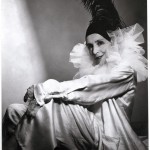
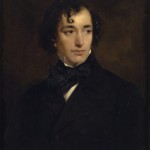
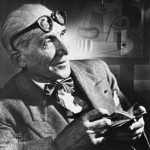

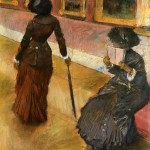


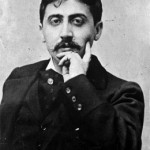



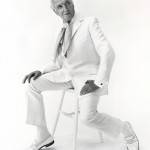











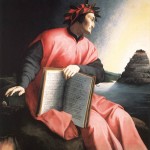



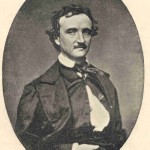


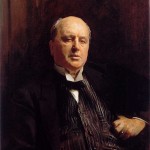


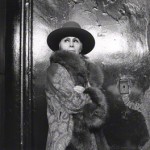



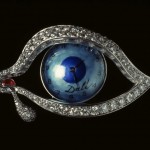




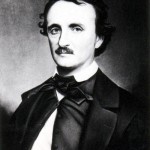








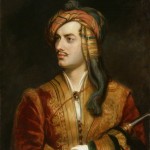










Hardwood furnishings possesses one thing extremely all natural about it.
There is this sense of coziness, of attributes as well as of beauty that may be actually be found in wood household
furniture. Wood is birthed coming from the planet.